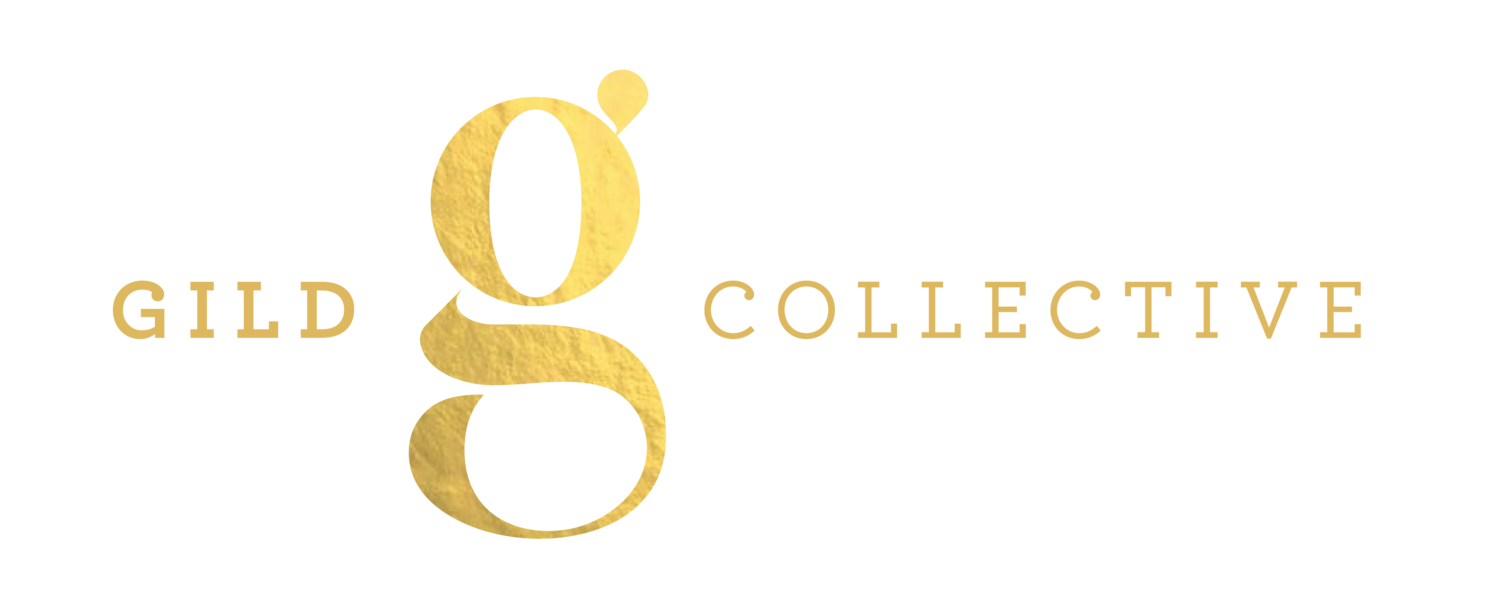Here are the facts:
Ocean’s 8 has a star-studded, female-focused cast.
Ocean’s 8 hit #1 at the box office, bringing in $41.5 million domestically opening weekend.
Most of the other things you will read about the film are based on opinion, and so is everything else I am about to say.
